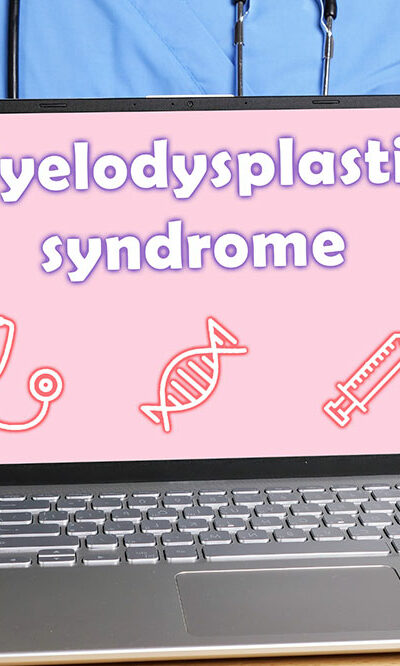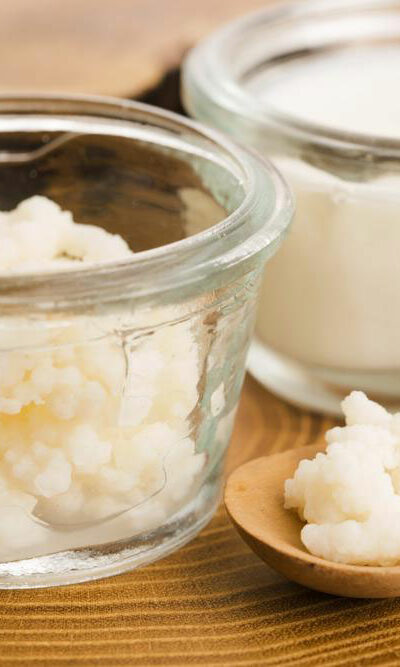
13 foods to help get pearly white teeth naturally
A beautiful smile can be your biggest asset, and as strange as it may sound, you can get pearly whites by adding some foods to your diet! Our diet plays a key role not only in improving our health but also our teeth. A balanced diet that includes vegetables, fruits, water, and dairy products will not only guarantee an optimum weight but also a ravishing smile. Top foods that help whiten teeth naturally Strawberries: They contain an enzyme known as malic acid which is known to whiten teeth naturally. You can mash strawberries and apply it on the teeth. After around five minutes, you may rinse it with water and floss. Apples : Apples are one of the foods that help whiten teeth naturally because chewing it produces a scrubbing effect. Apple contains high amounts of malic acid, a common ingredient in toothpaste. This stimulates saliva production which acts as a self-cleaning agent and helps destroy bacteria that are responsible for bad breath. Pineapple: It contains bromelain which has cleansing and anti-inflammatory properties; this is why it is used for making stain-removing toothpaste. Broccoli: Being rich in fiber, broccoli helps reduce inflammation of the mouth. When you eat raw broccoli, your teeth are automatically cleaned and polished. The European Journal of Dentistry states that iron in this vegetable builds a protective wall for your teeth against acids which can degrade the enamel. So, broccoli is one of the foods that can help whiten teeth naturally by removing stains and preventing cavities. Raisins: They may be sweet but they protect your teeth. When you eat bran cereal with raisins, you can cleanse your mouth much faster. Moreover, chewing raisins stimulates saliva secretion and thus prevents the growth of plaque, cavities, and stains. Carrots: Chewing carrot increases the production of saliva in the mouth which cleans it; moreover, vitamin A in carrots boosts enamel growth.










